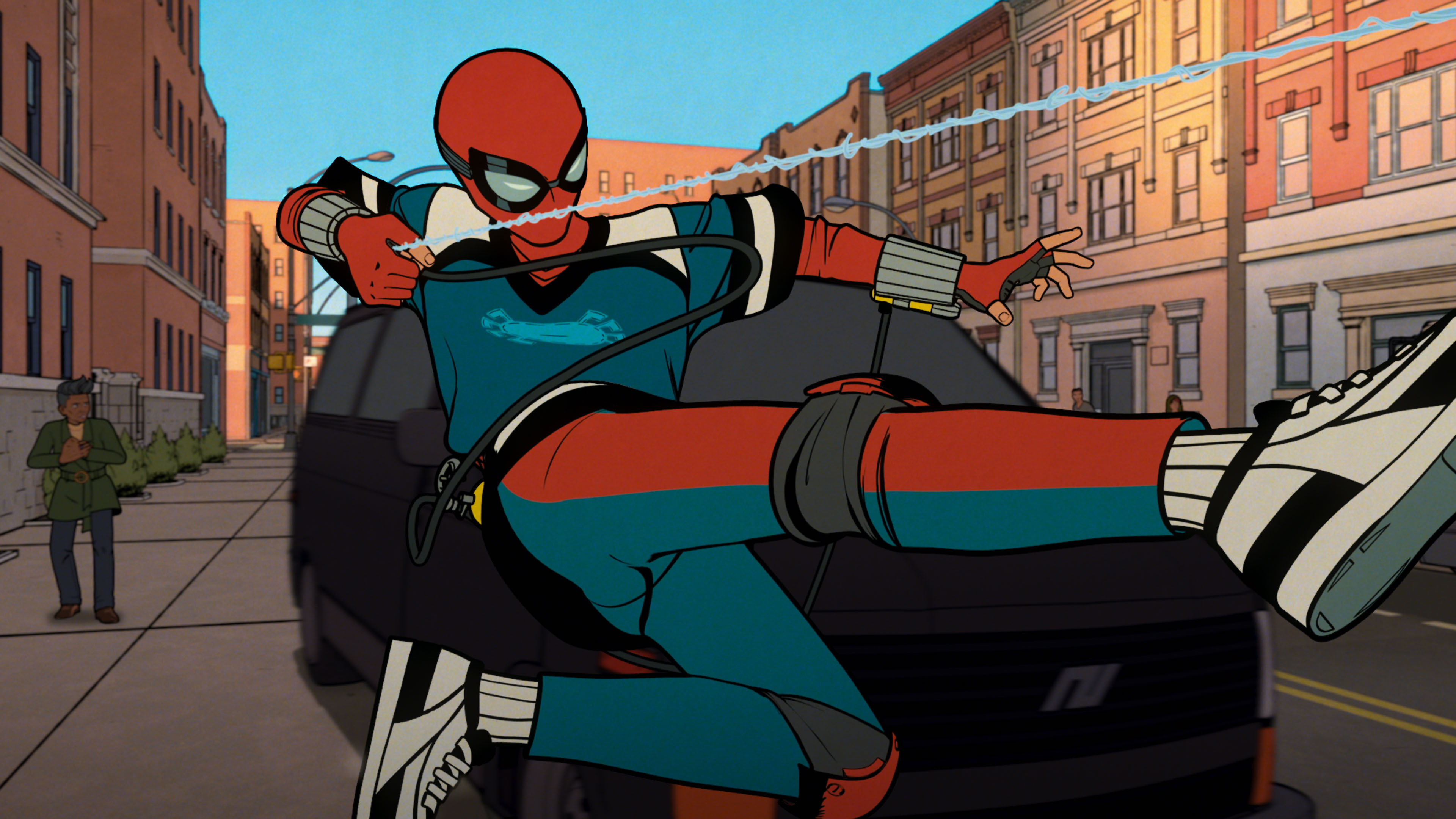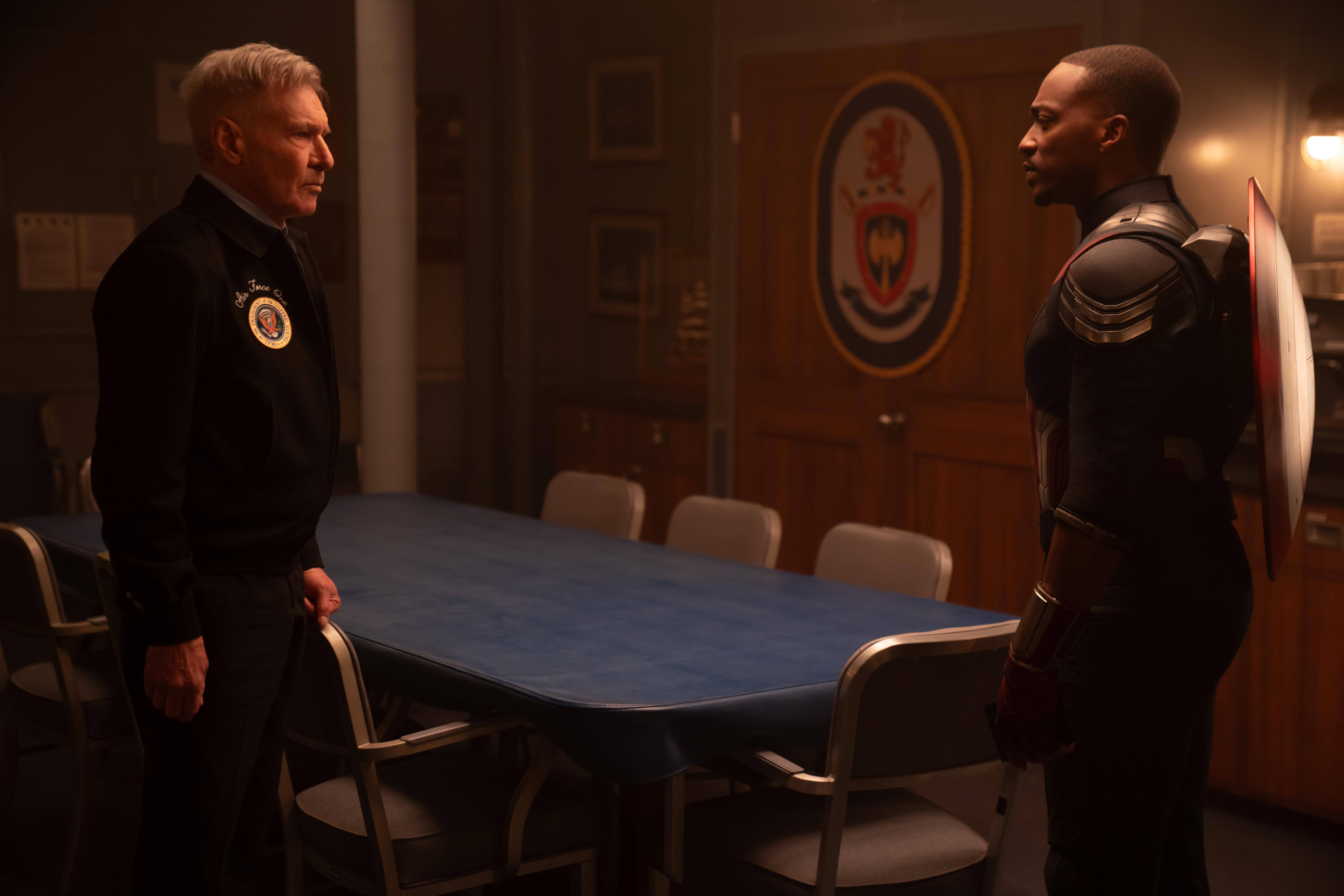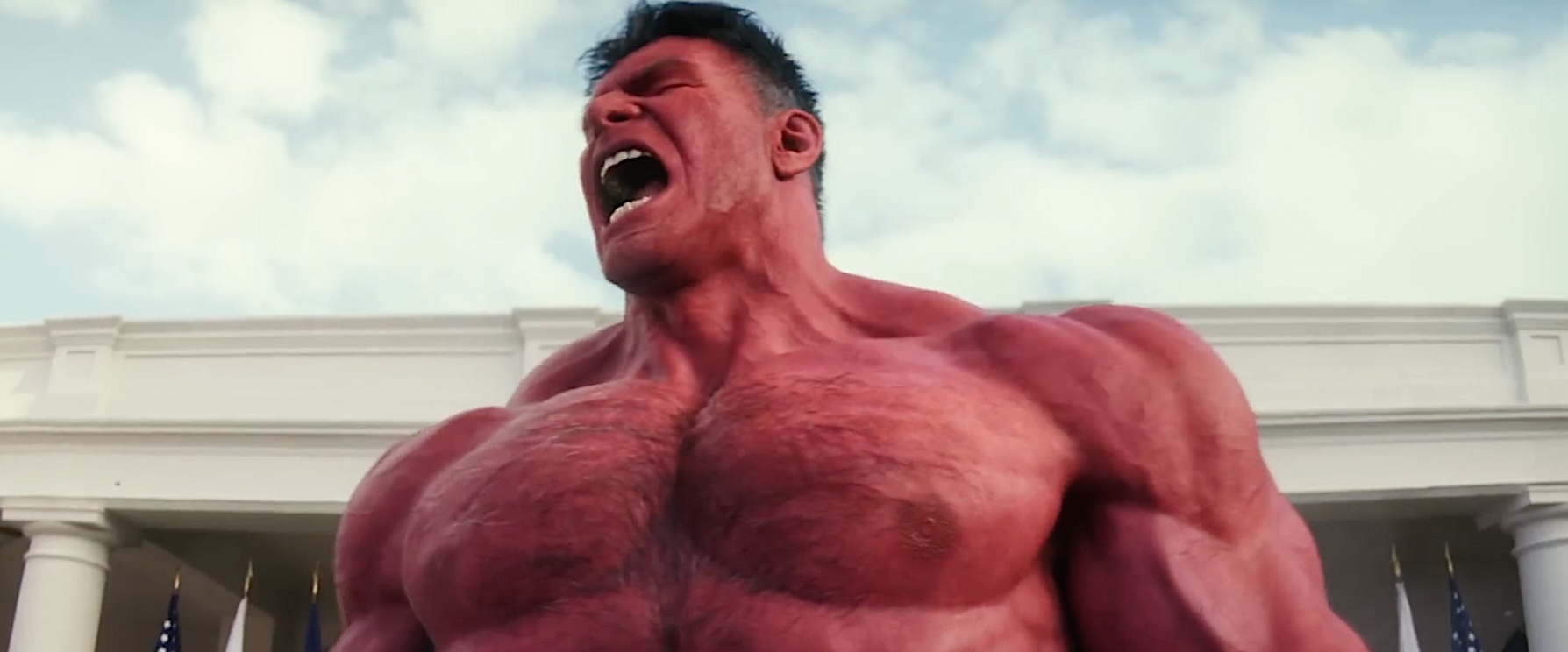When Young Sheldon was first announced, I remember the reaction of my closest friends: disgust, terror, confusion. The Big Bang Theory is a tired and poorly aged sitcom about a herd of nerds who suddenly fall in with a hot lady friend. The breakout protagonist, Sheldon Cooper, is an obnoxious know-it-all, and the last thing that I expected to enjoy is an origin story for the character. Years later, my social media feeds are filled with Young Sheldon clips and content, enough for me to start watching the show out of morbid curiosity, only to find out: It’s actually quite good. Now, I understand why there’s a second spinoff related to the deep lore of the Cooper family. I get why the fans are clamoring for an Old Sheldon series starring Michael Keaton. Young Sheldon is downright heartwarming, and one of the few sitcoms I actually adore.
Young Sheldon centers around the childhood of Sheldon Cooper, who skips grade school and enters high school before enrolling in college at age 11. While Sheldon is intellectually gifted, he struggles with even basic social cues. The main challenge that Young Sheldon faces is that Sheldon himself is absolutely unlikable, and we know for a fact that he can never truly go through character growth, because he has to end up as the character he is throughout The Big Bang Theory. But Young Sheldon has two ways to get around Sheldon’s self-centeredness, aggressive refusal to take a no, and other unpleasant qualities.
It helps that everyone else on the show hates Sheldon, and we know that he is constantly being punished with everything from low-grade bullying to sophisticated webs of deception engineered by professors and university presidents. Sheldon still sucks, and while actor Iain Armitage does an admirable job imitating Jim Parsons’ original depiction of Sheldon, the show doesn’t try to forgive his flaws.
:no_upscale()/cdn.vox-cdn.com/uploads/chorus_asset/file/25413100/Untitled_design___2024_04_22T184803.995.png)
Instead, the best moments and storyline come from the people in Sheldon’s orbit. Mary Cooper (Zoe Perry), Sheldon’s mother, is a wonderfully neurotic character who strikes an amusing balance between being a sympathetic figure and an incredulously sputtering scold. Mary’s mother, Connie Tucker, is my favorite character on the show; also known as Meemaw, Connie is wonderfully portrayed by Annie Potts as a drinking, smoking gambler with a mean streak and a secret heart of gold. Sheldon’s dad, brother, and sassy fraternal twin — George Cooper (Lance Barber), George Jr. (Montana Jordan), and Missy Cooper (Raegan Revord) — often have the most sympathetic and interesting storylines; Sheldon makes their life more difficult, and watching them navigate these challenges with grace is strangely compelling.
In The Big Bang Theory, these characters were used as set dressing for Sheldon; they existed to orbit around him. His main-character syndrome felt much more justified, as he was literally the main character, and the sitcom logic would bend to whatever worked for him and his goals. In Young Sheldon, they get time to breathe on their own — like when Sheldon goes to college and gets isolated from the rest of the cast for huge chunks of time. Put simply, as a nice treat, the supporting cast is absolutely stacked with monster talent: Jason Alexander, Wallace Shawn, Craig T. Nelson, Wendie Malick, and Lance Reddick portray some of the best characters on the show.
The next spinoff in the Sheldon Cinematic Universe is one starring George Jr., his partner, Mandy, and their daughter, Cece. I’m not sure whether this will tickle my fancy in the same way that Young Sheldon did, but I can see the merit in that story. These are interesting-looking people with evocative faces; I simply like watching them navigate trials and tribulations. It’s an impressive feat that Young Sheldon has won me over, considering my deep animosity and hatred toward The Big Bang Theory. This is Sheldon Cooper’s world, and we’re all just living in it.








